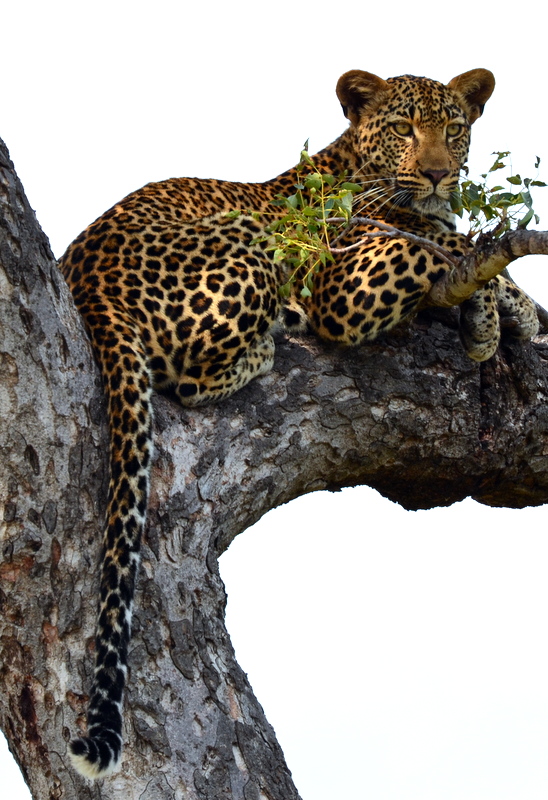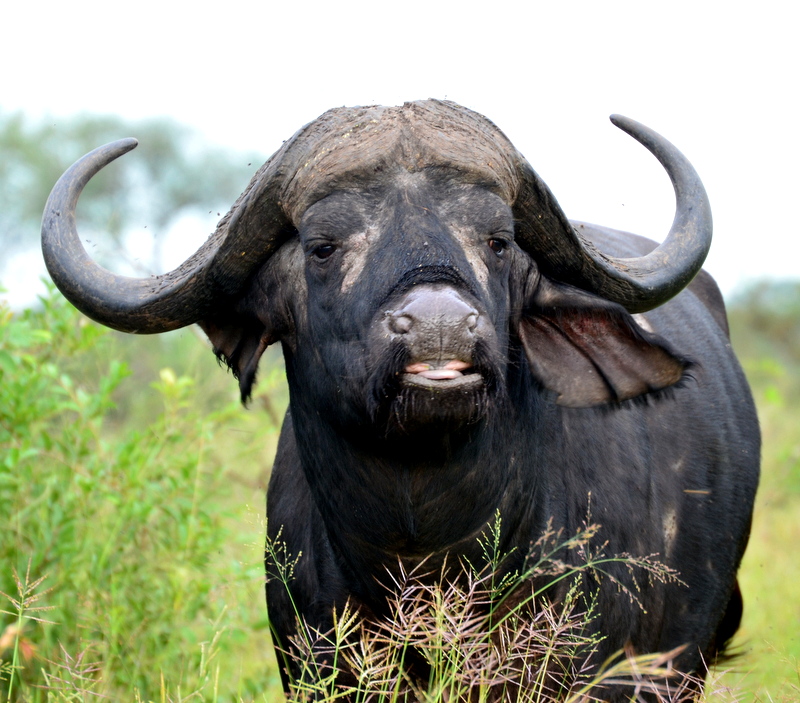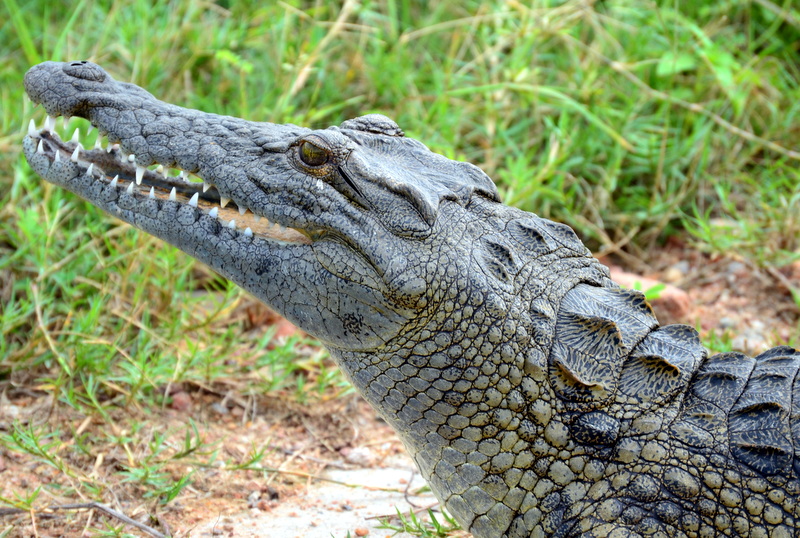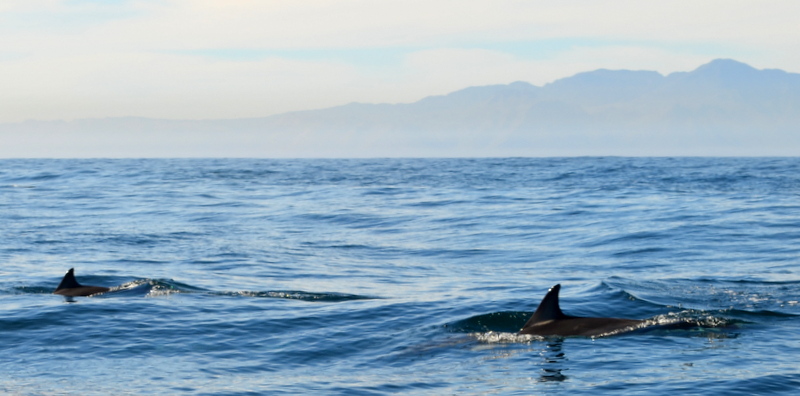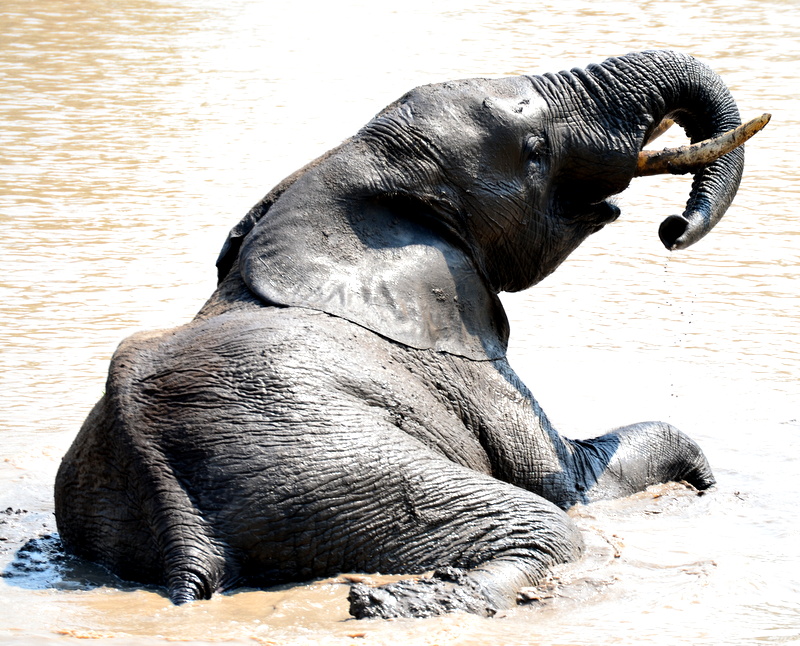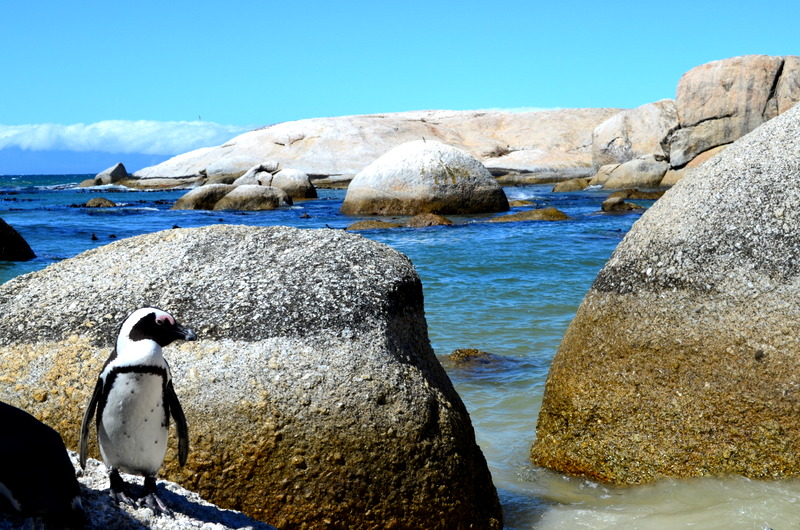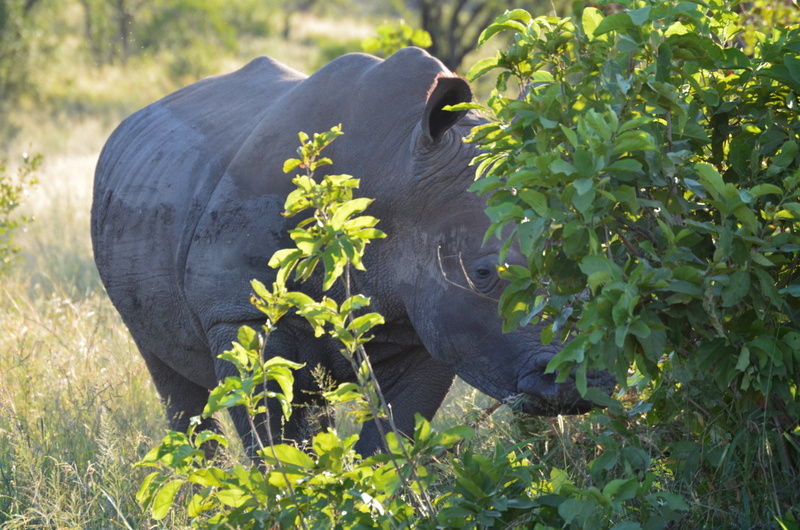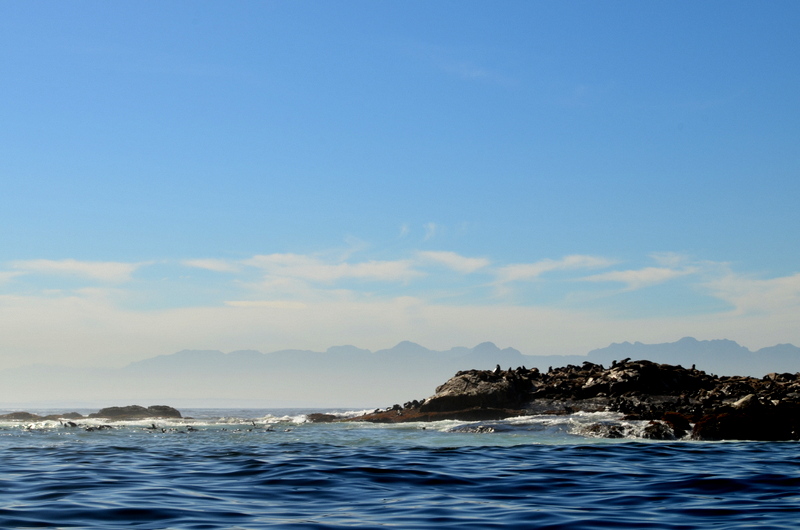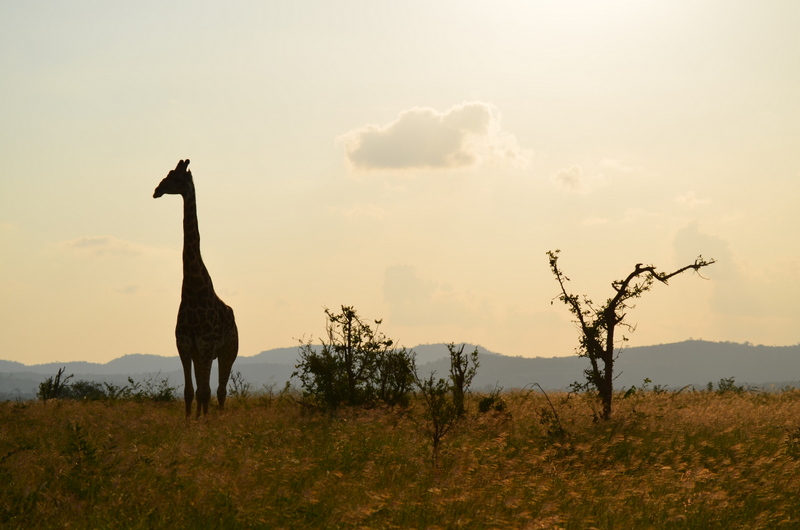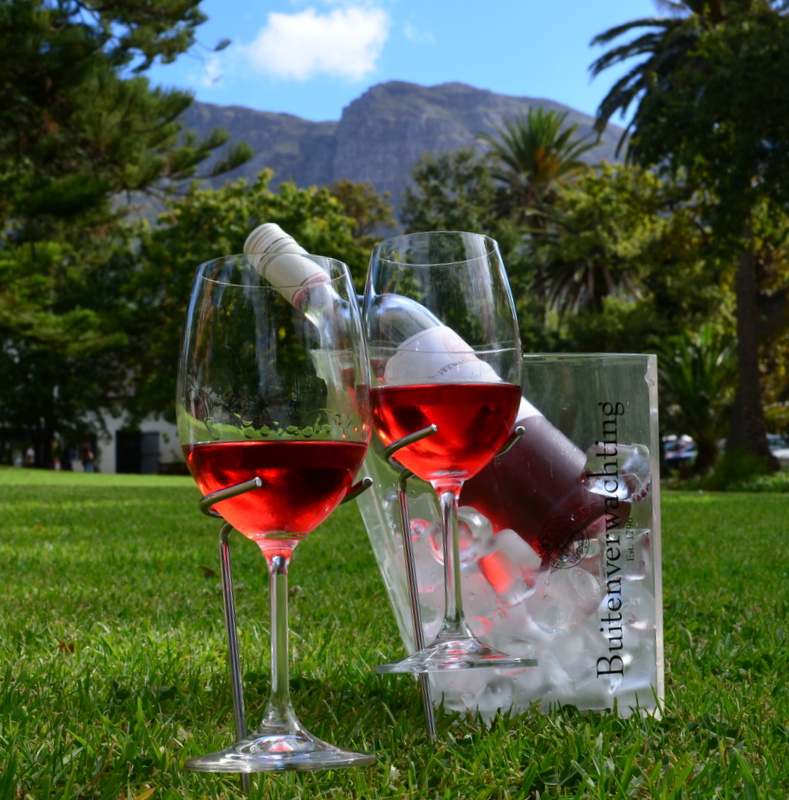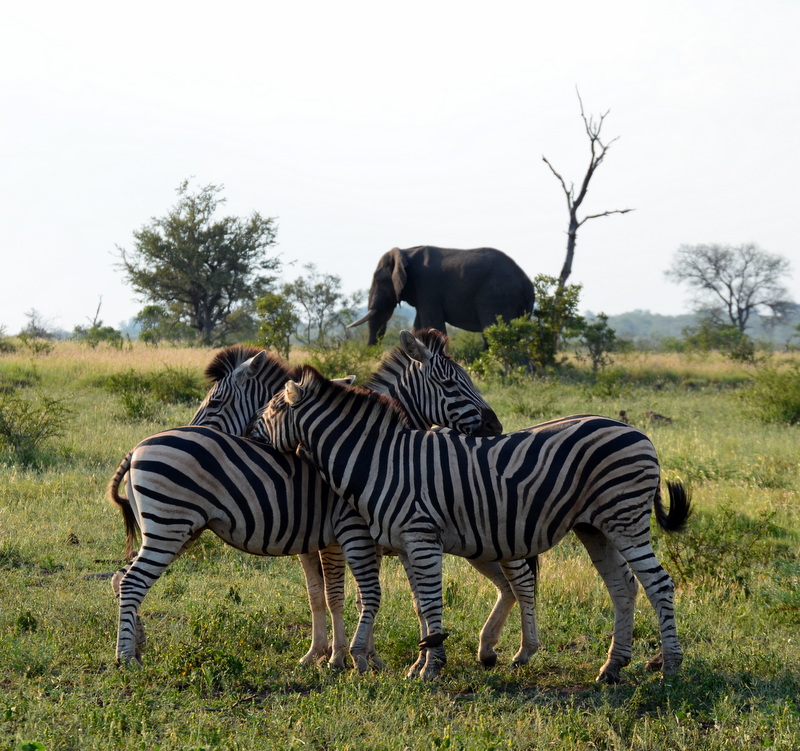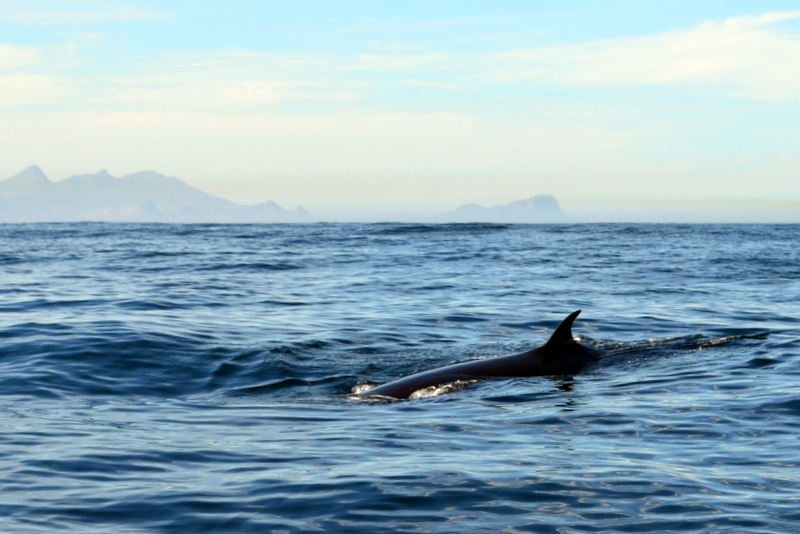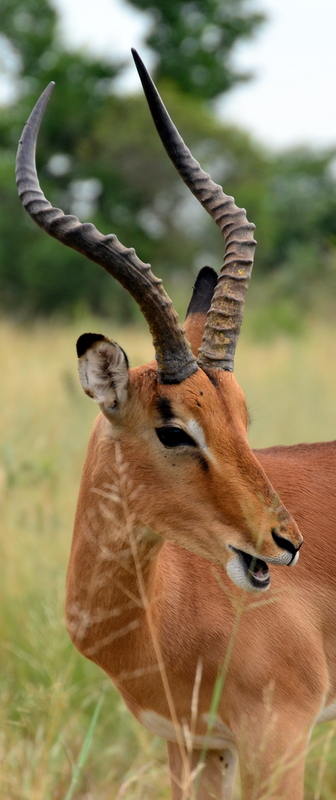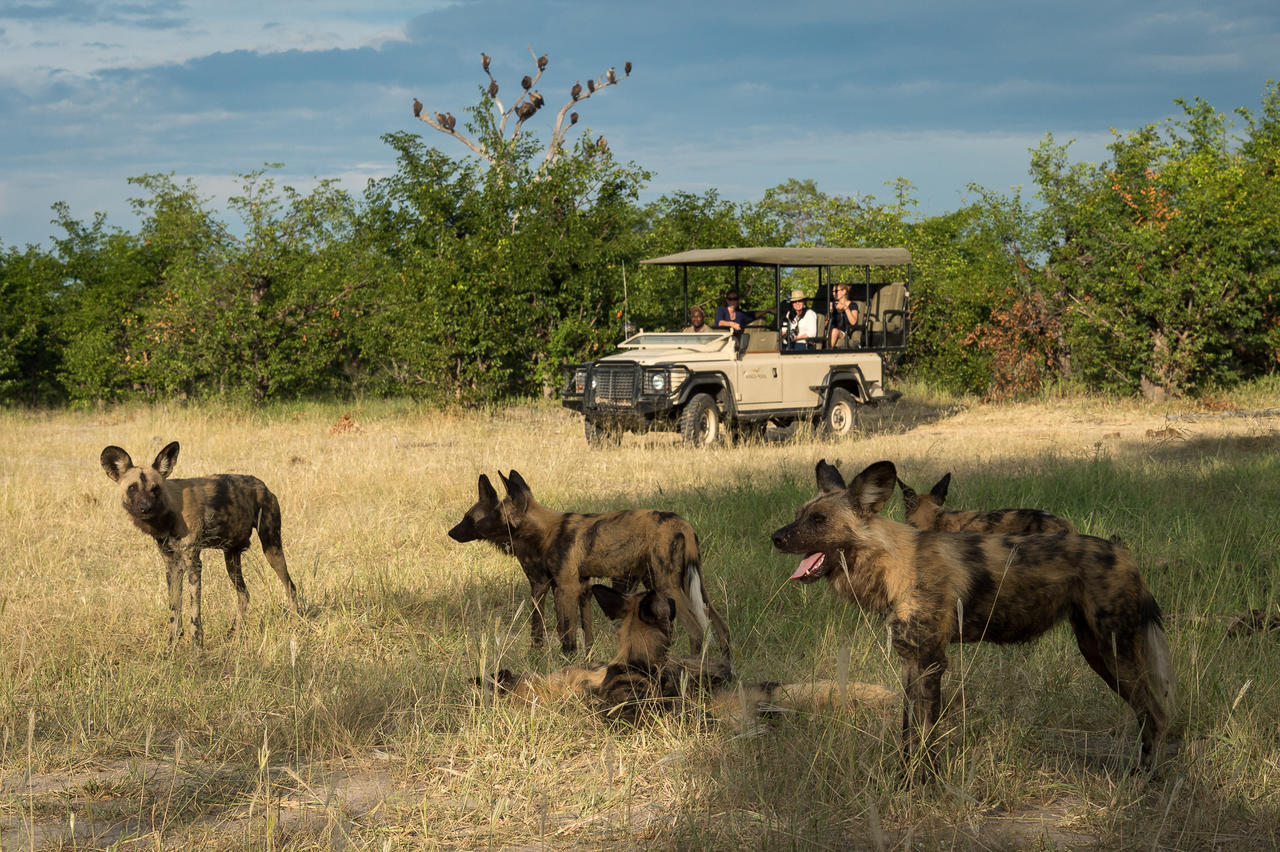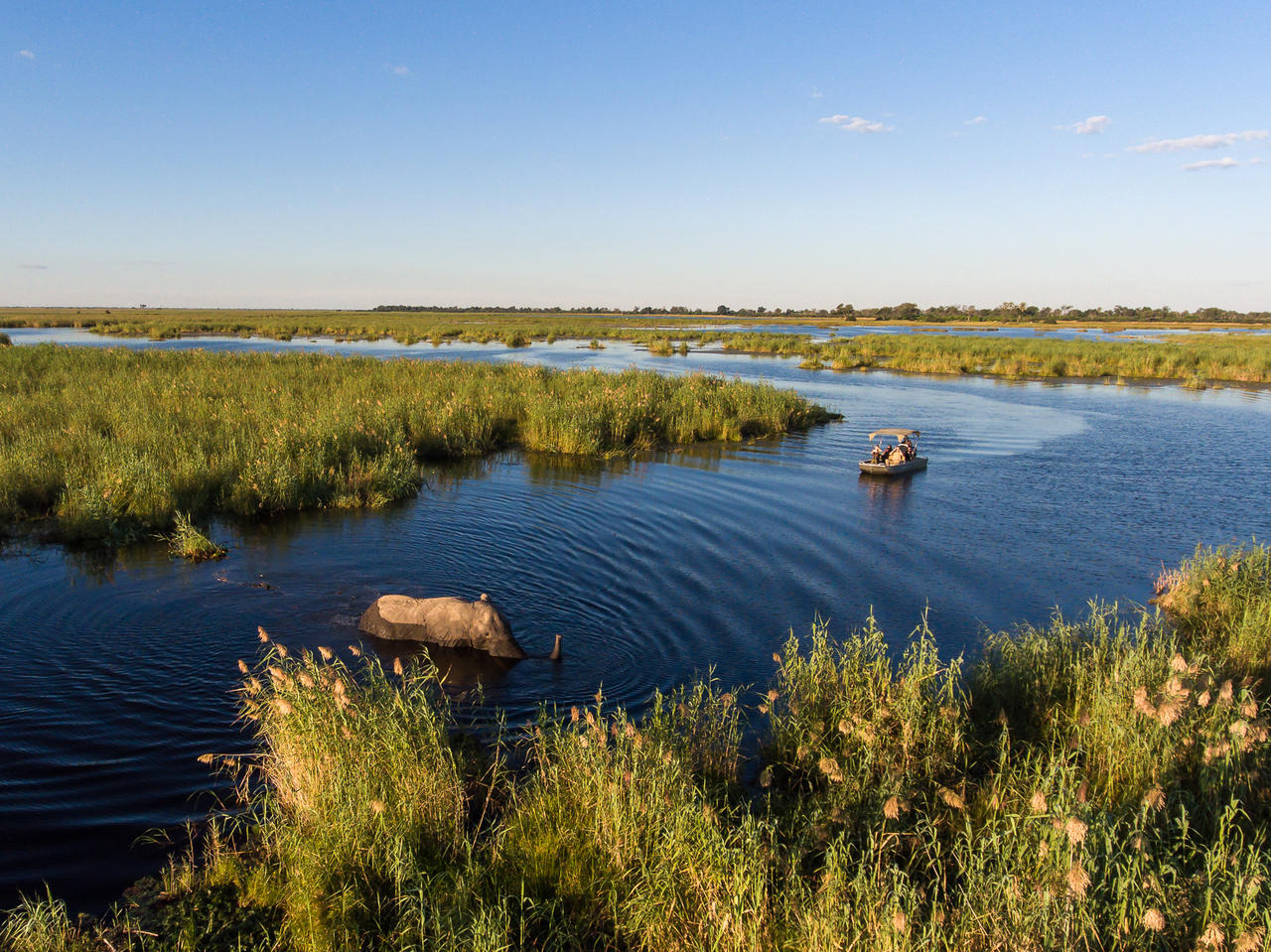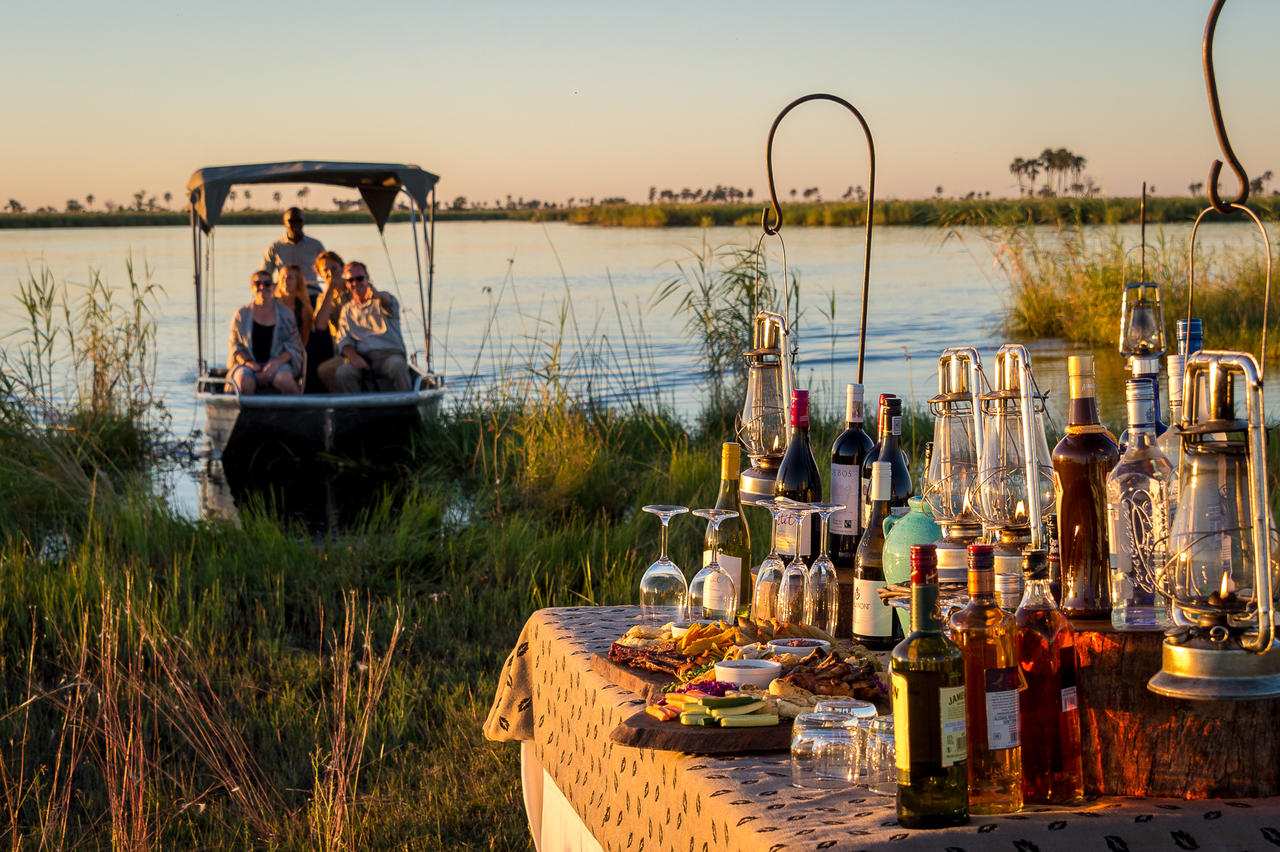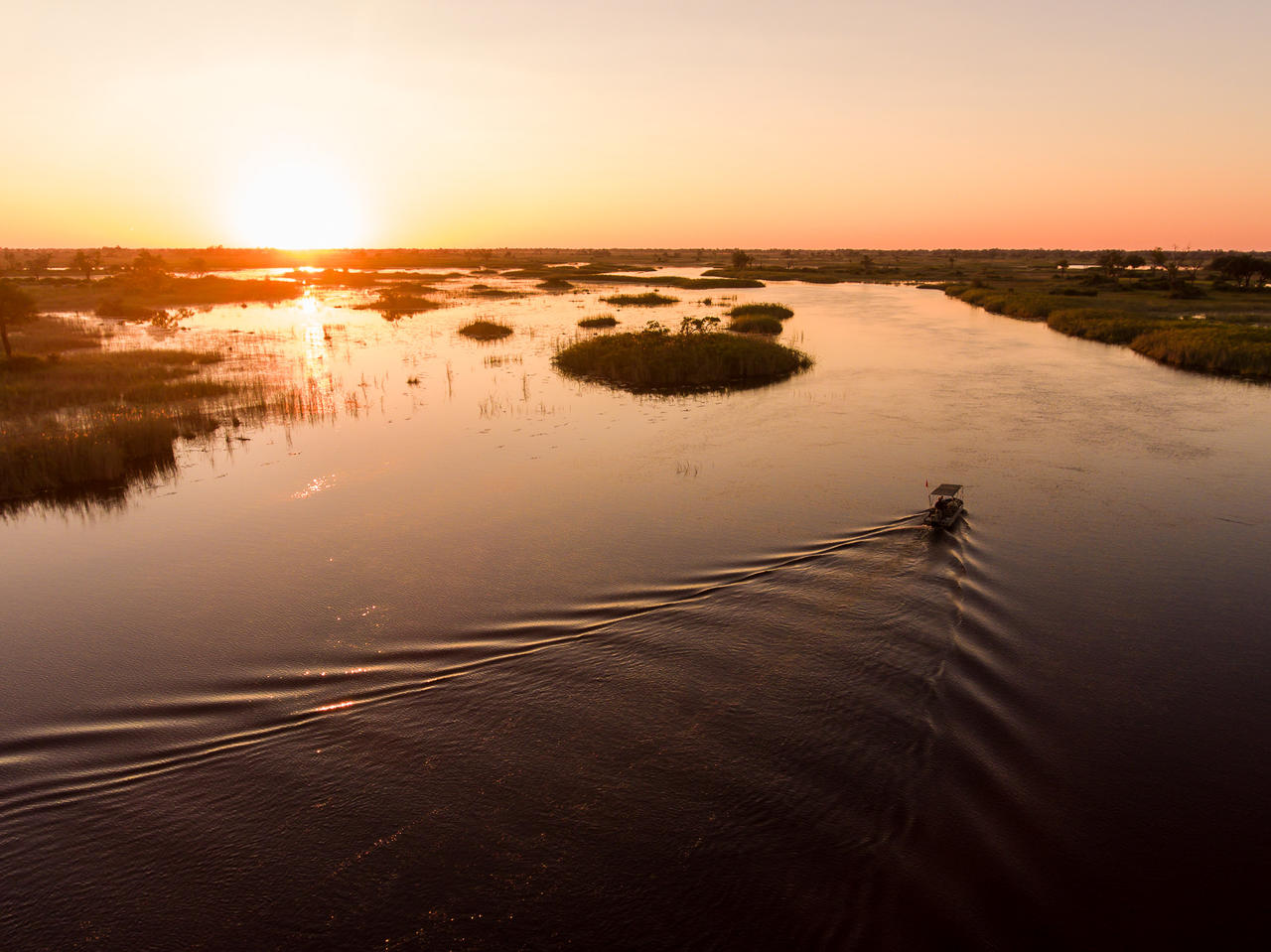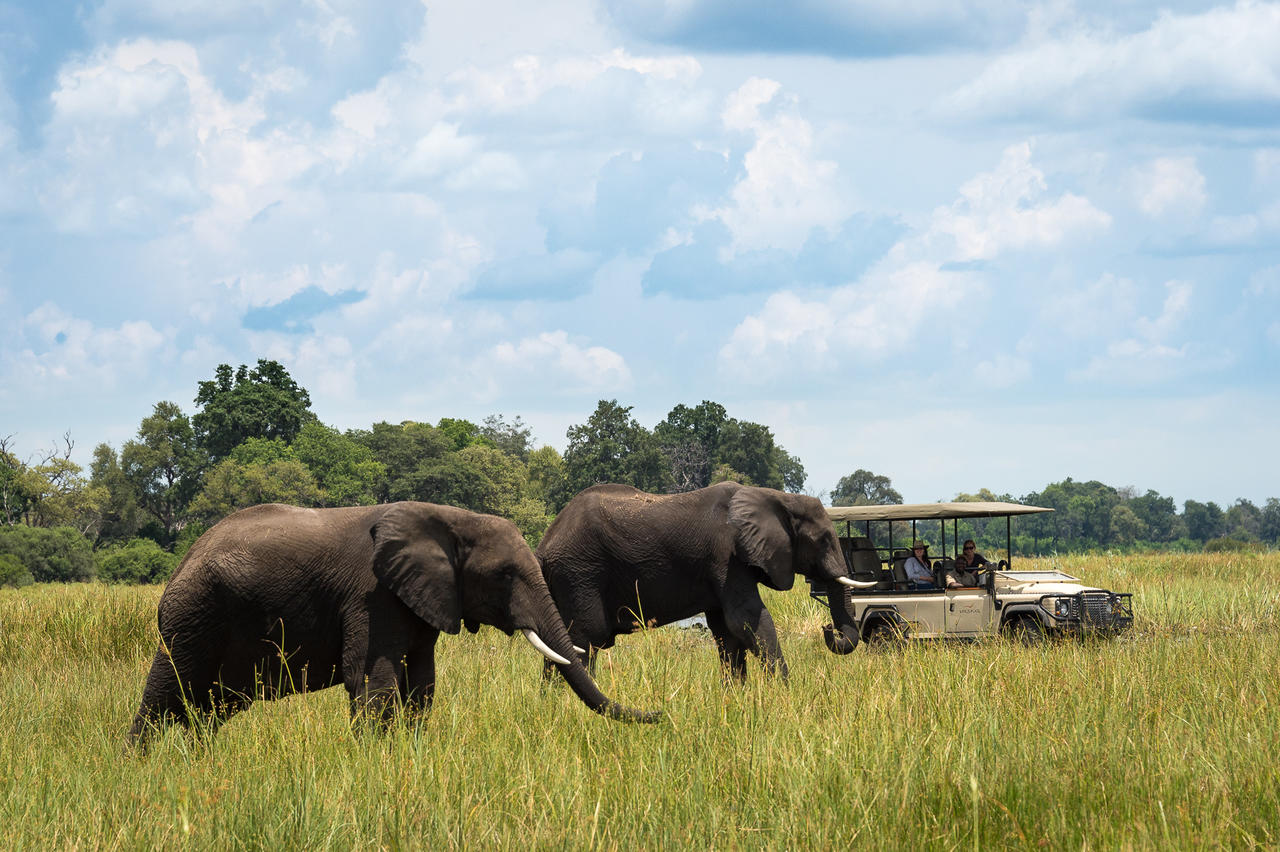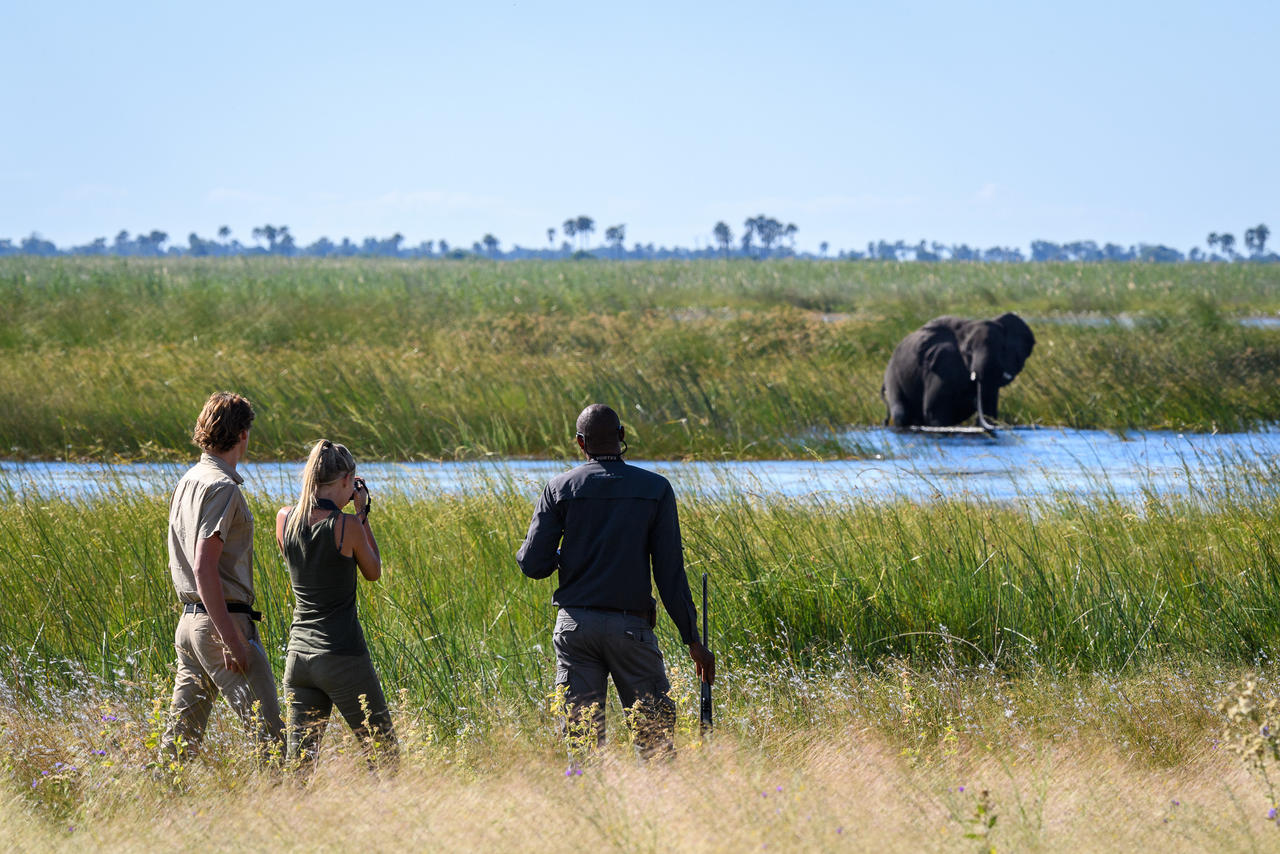Leopards, Lions, Penguins and Pinotage – a South African Safari.
/“There is something about Safari life that makes you forget all your sorrows” Isak Dinesen
South Africa as a Safari destination is sometimes overlooked and only used as an entry and exit terminus while traveling on to other ‘more striking’ African destinations.
As much as I like to promote all of Africa, South Africa should not be ignored for its Safari value as it rivals (and sometime succeeds) other great African wildlife destinations with its magnificent Kruger National Park (and many others). This park is over 19,000 square kilometres (7,500 sq mi), has an abundance of fauna and flora and is deeply rich in history and culture.
As a guide who has worked all over the African bush, some of my most favourable wildlife happenings have been in the Kruger National Park - my personal highlights on a recent safari to the Kruger was over 40 different rhino sightings, a leopard hunt and an up-close elephant bath encounter that lasted over an hour.
South Africa has a lot more to add to the typical African Safari and no journey to South Africa would be complete without a stop in Cape Town – the Mother City. Cape Town not only offers Safari goers a chance to recover after the dusty game viewing bush experience but also gives Safari goers a different African Safari experience. A Cape Town Safari can offer diving with great white sharks, boat trips to seal colonies to view seal and shark interactions, whale and dolphin watching, swimming with penguins (a personal favourite), riding an ostrich, climbing or taking the cable-car to the iconic Table Mountain and numerous city, sightseeing and cultural tours. All this can be done alongside your rejuvenation at the local restaurants and cafes, where you can eat freshly-caught seafood, Cape Malay and Afro-cuisine, while sipping on top-class wines grown locally in the area – the red wine Pinotage is uniquely South African (another personal preference).
In conclusion, South Africa is vast and varied with mountains for hiking and climbing, two oceans for swimming, surfing, diving or simply sunbathing and great wildlife areas to explore in-between. South Africa offers fantastic food and beverage and has a friendly, personal and professional service industry to cater to every specific guest need. South African is a country to be explored by the young and old, and any African Footprint Safari to South Africa can be personally created to cater for any need or want with levels to supply each and every budget.
